Search and Rescue (SAR) Basics
Sailing and boating is a thrilling and fulfilling experience, but it also comes with inherent risks.
Being prepared and equipped with the necessary skills to handle distress situations can make the difference when needed.
This course is designed to provide sailors and pleasure craft enthusiasts, with basic search and rescue training. Covering essential topics such as communication procedures, personal life-saving appliances, and basic search and rescue techniques.
Effective Emergency Response Training
for Pleasure Craft Enthusiasts
The aim of this course is to provide sailors or pleasure crafts enthusiasts, with comprehensive search and rescue training that equips them with the knowledge and skills to effectively respond to emergencies and potentially save lives.
Embarking on a sailing or boating excursion can be an invigorating and rewarding experience, but it's important to recognize the inherent risks involved. Being prepared and having the necessary skills to manage emergency situations can make a significant difference in critical moments.
Our training program focuses on essential topics such as communication (VHF) procedures, personal life-saving equipment, and search and rescue techniques, providing you with the knowledge and tools to handle a variety of unexpected scenarios with ease.
We emphasize the importance of safety and preparedness when sailing anywhere in the world. Helping others in distress is not only an obligation by law, but also considered good seamanship within the maritime community.
Our program equips you with the skills and confidence to do just that. Our experienced instructors guide you through the training, providing hands-on experience and real-life scenarios to ensure that you are well-prepared for any situation.
Recommended Entry Standards
There are no entry Standards set. We believe it is essential for everybody on a sailing or boating trip to be equipped with essential life-saving techniques, so we welcome everybody, no prerequisites required.
Aim & Audience of the SAR Basic Course
BE PREPARED FOR THE UNEXPECTED
Even the most experienced sailors and pleasure craft enthusiasts can find themselves facing unexpected situations, from sudden weather changes to equipment failures.
That's why it's important to be prepared for anything that might come your way. Our Search and Rescue Basics course will equip you with the skills and knowledge needed to handle emergency situations on the water, including how to communicate effectively with emergency services, the importance of life-saving appliances, and how to search for a person in water.
By taking this course, you'll be able to approach every boating trip with confidence, knowing that you have the skills to handle any situation that might arise.
PROTECT YOURSELF AND OTHERS
Taking responsibility for your own safety and that of others on the water is a key component of sailing/boating.
When you're out on the water, you are part of a community, and it's important to be prepared to help others in need.
Our Search and Rescue Basics course will teach you how to respond to distress signals, how to navigate emergency situations, and how to provide assistance to other boaters who may be in distress. By learning these skills, you'll be able to play an active role in ensuring the safety of everyone on the water. You'll also gain the satisfaction of knowing that you're doing your part to help others in need.
STAY SAFE AND COMPLIANT
Staying safe on the water isn't just a matter of personal responsibility - it's also a legal and ethical obligation.
As a sailor or pleasure craft enthusiast, you have a duty to comply with safety regulations and to act in accordance with accepted standards of boating behavior. Our Search and Rescue Basics at course will teach you about the legal and ethical responsibilities that come with being on the water, including what you can do to establish a minimum of personal safety, how to respond to emergencies, and how to avoid accidents and injuries.
By taking this course, you'll gain a better understanding of the regulations and guidelines that apply to boating, as well as the importance of maintaining a high level of safety and awareness while on the water. Ultimately, by staying safe and compliant, you'll be able to enjoy your time on the water with peace of mind, knowing that you're doing everything in your power to ensure the safety of yourself and others.
AUDIENCE
This course is aimed at sailors or pleasure craft enthusiasts, who want to receive a basic search and rescue training in order to be well-prepared and equipped to handle emergency situations while on the water.
This course is suitable for individuals who own or operate their own boats, as well as those who frequently rent or charter boats for recreational purposes.
It is also suitable for individuals who work on boats or in marine industries but do not necessarily have a background in maritime safety or search and rescue procedures.
Course Details
DURATION
The SAR Basics course will have a duration of one day - 8 hrs
LOCATION
Online / our Training Center in Germany, Bremen
LANGUAGE
SAR Basic Course is available in English and German
TRAINING MATERIAL
All participants will receive handouts coinciding
with the course content
Course Content | Training Modules
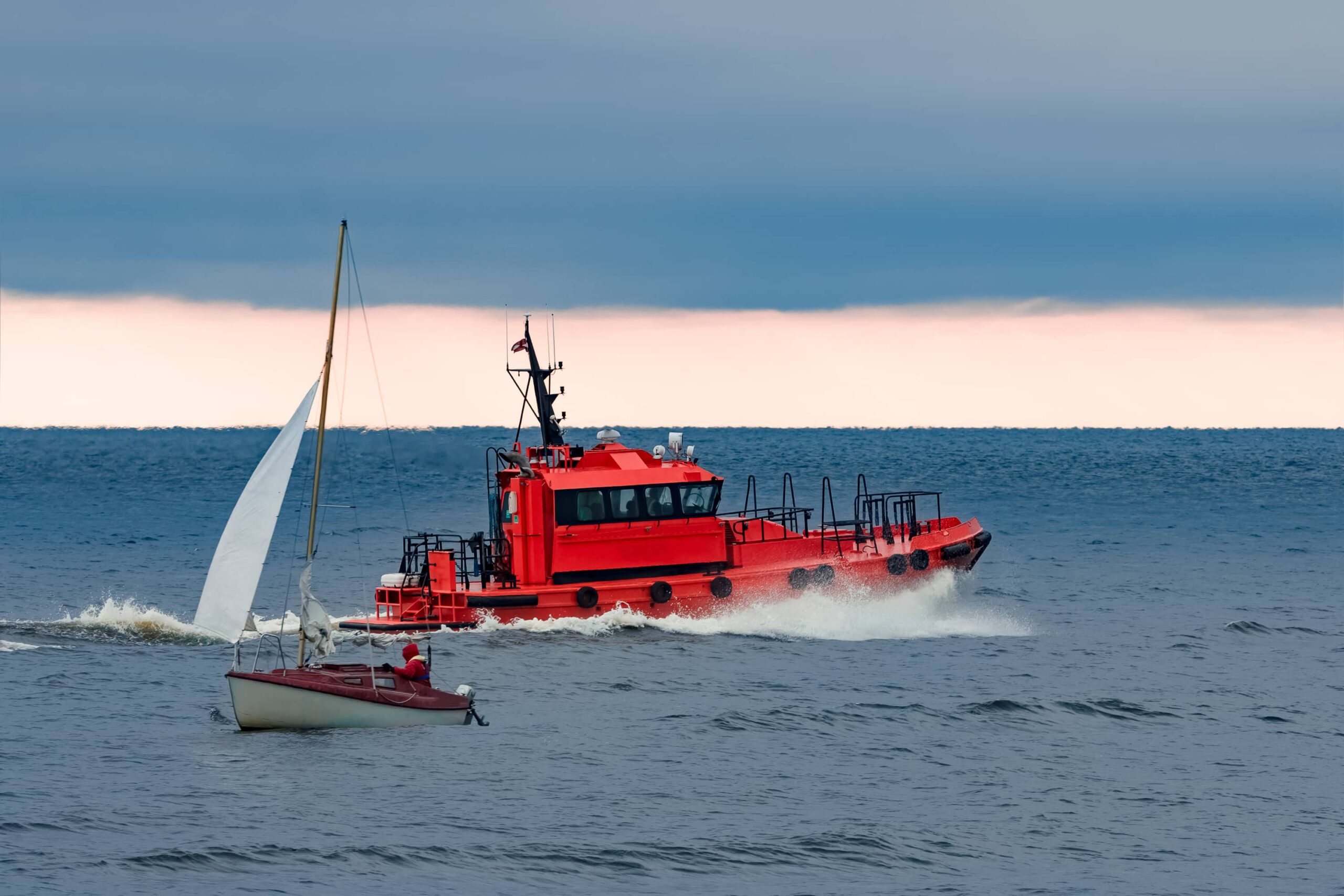
Module 01 -
Introduction to search and rescue (SAR) and its importance for maritime safety
Introduction of the importance of search and rescue (SAR) for maritime safety, different types of emergencies, distress signals, and the role of the Maritime Rescue Coordination Center (MRCC), legal and ethical responsibilities and the importance of being prepared to assist others.
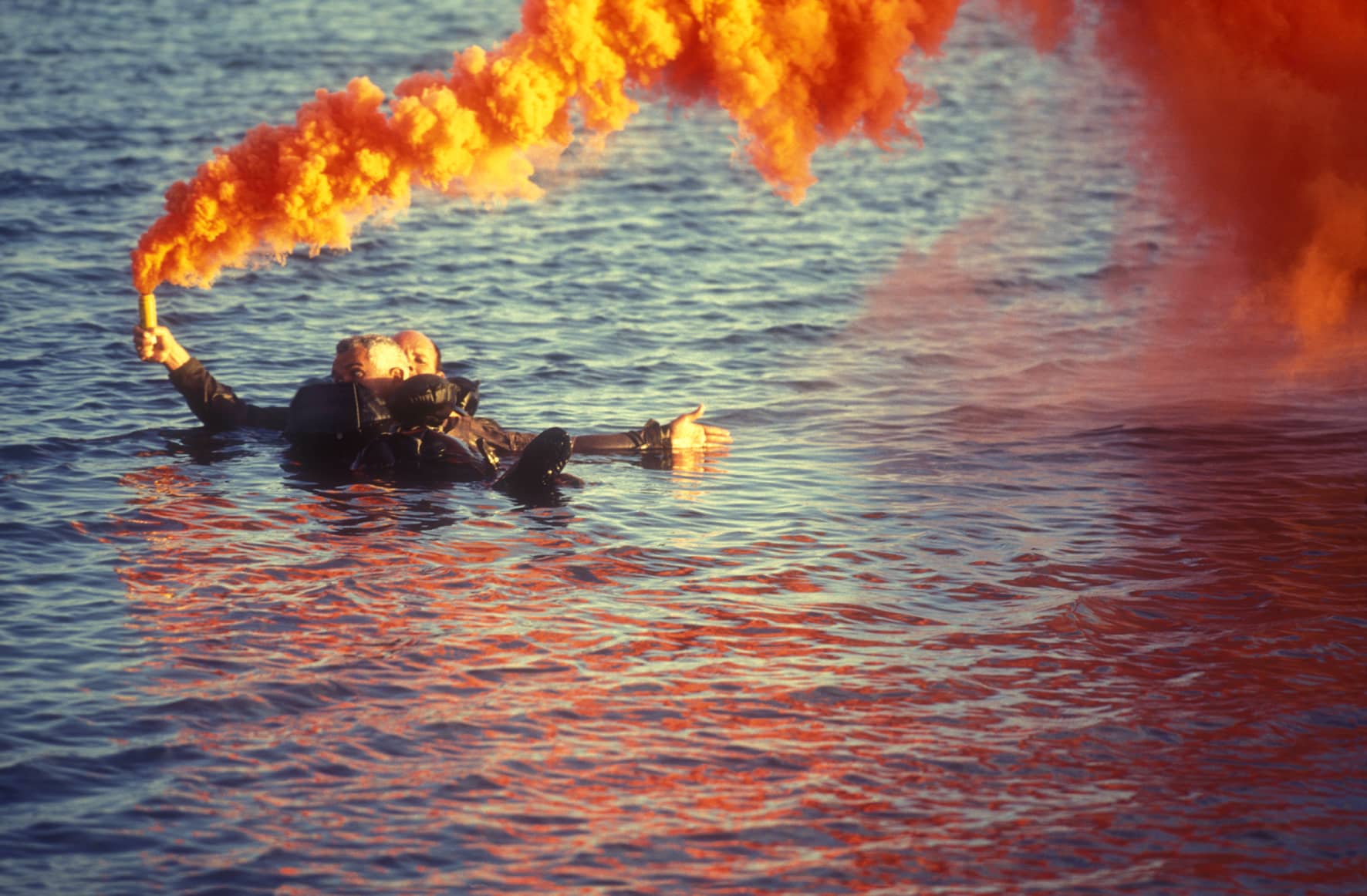
Module 02 -
Basic terminology of search and rescue
Introduces the basic terminology used in search and rescue (SAR) operations, in compliance with IMO, SAR Convention, SOLAS and the national legal basis.
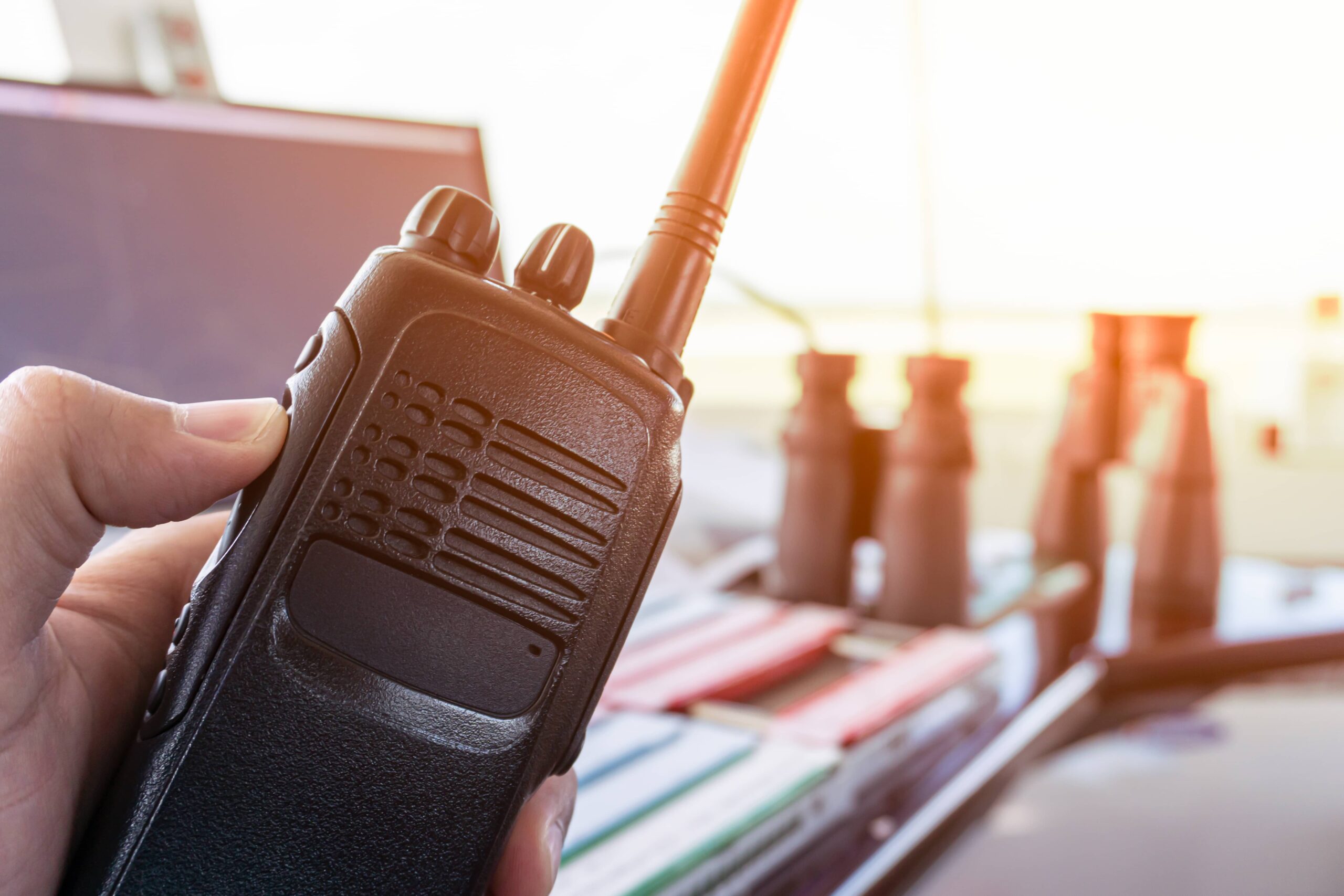
Module 03 -
VHF Basics
Basics of using VHF radios for communication during maritime emergencies. This module introduces the different types of VHF radios, the importance of licensing, and the key features of VHF channels. Participants will also learn how to make distress calls and use the international distress signal.
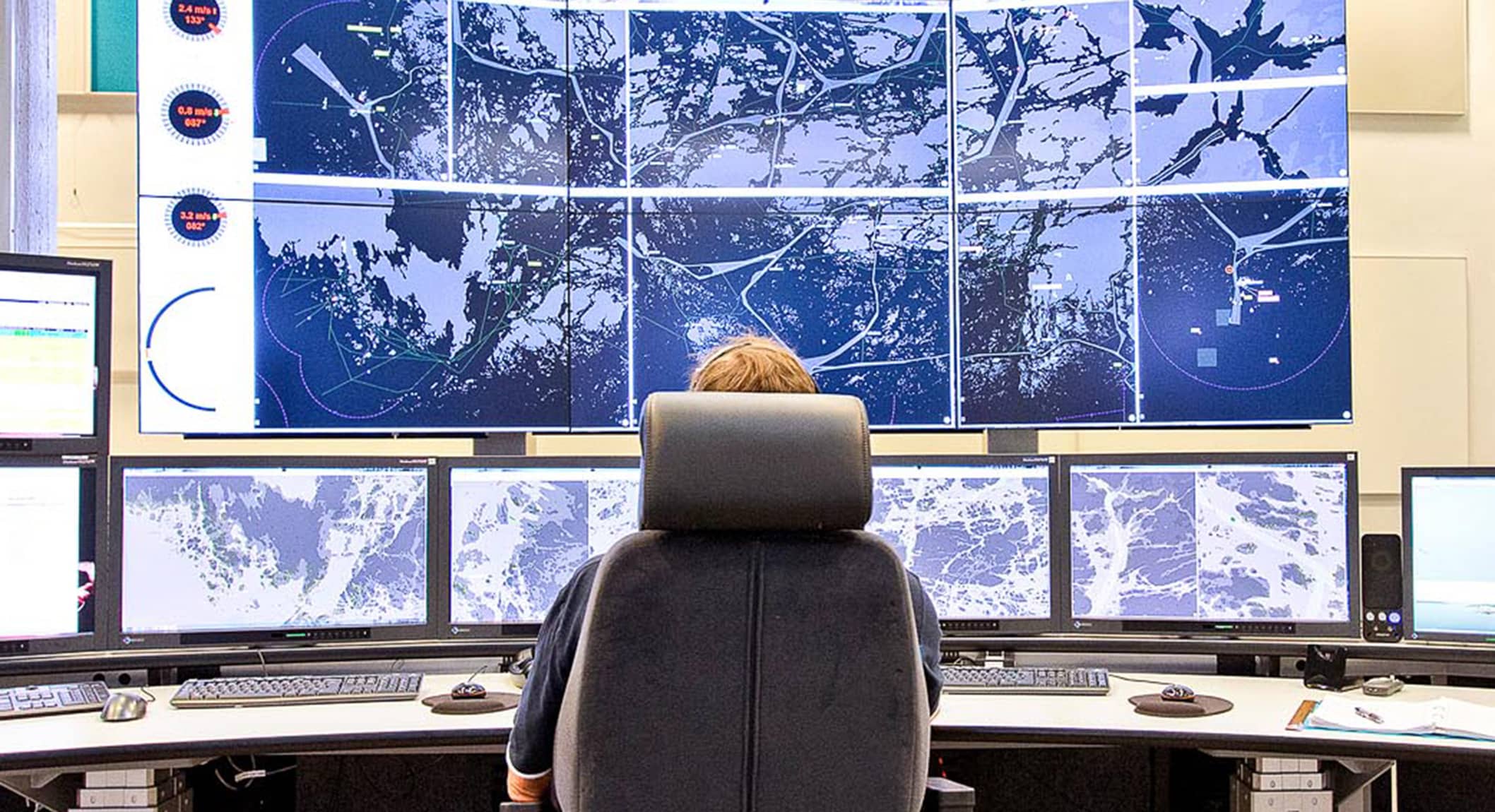
Module 04 -
Informing the Rescue Coordination Center
This module covers the importance of providing detailed information to the MRCC, the role of the MRCC in SAR operations during an emergency. By the end of this module, participants will have a better understanding of the information to be provided in order of importance.
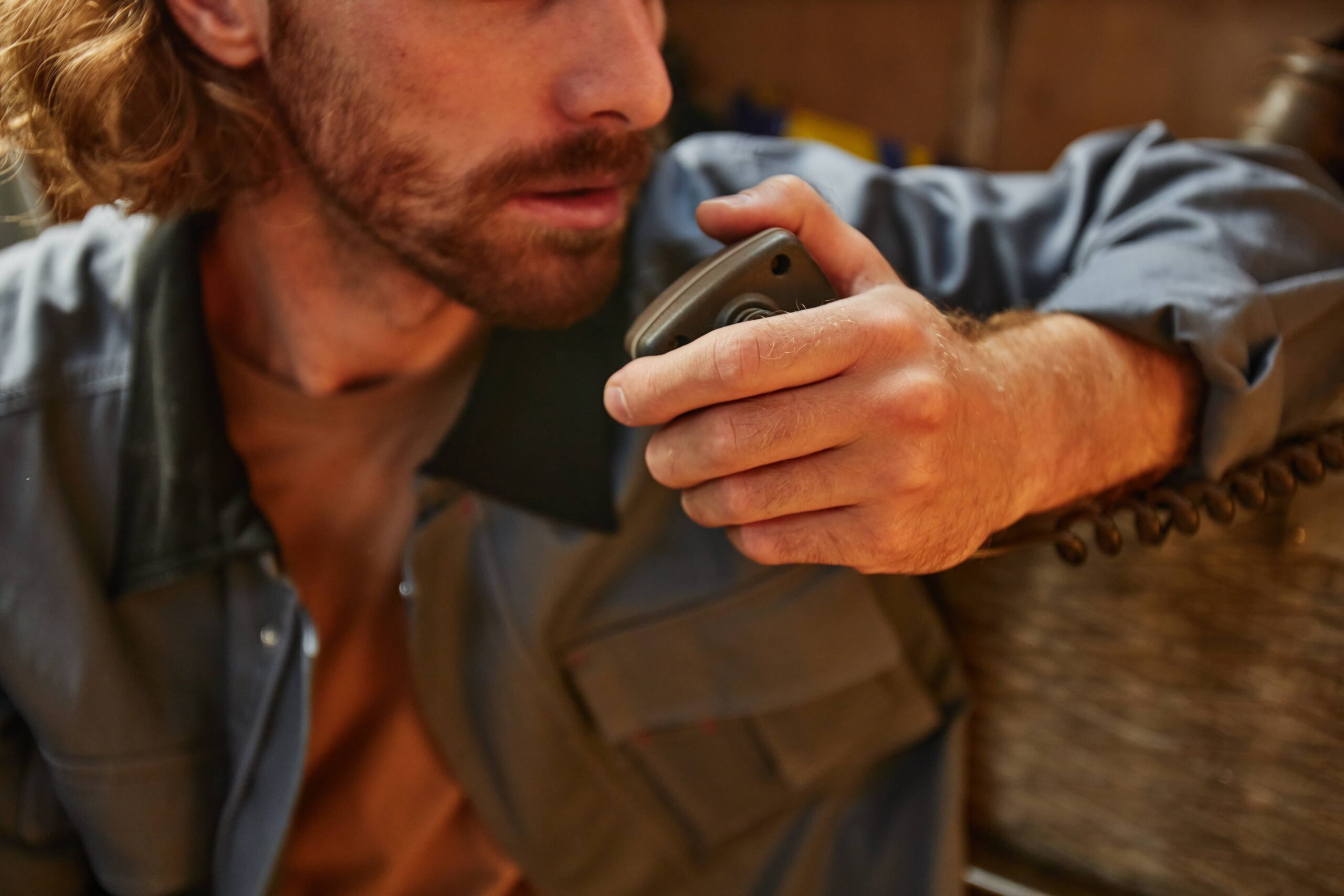
Module 05 -
How to ask for help
This module covers, how to effectively communicate with the MRCC and other vessels when calling for help. It will also cover the typical response and rescue operations within a MRCC that occur after a distress call has been made.
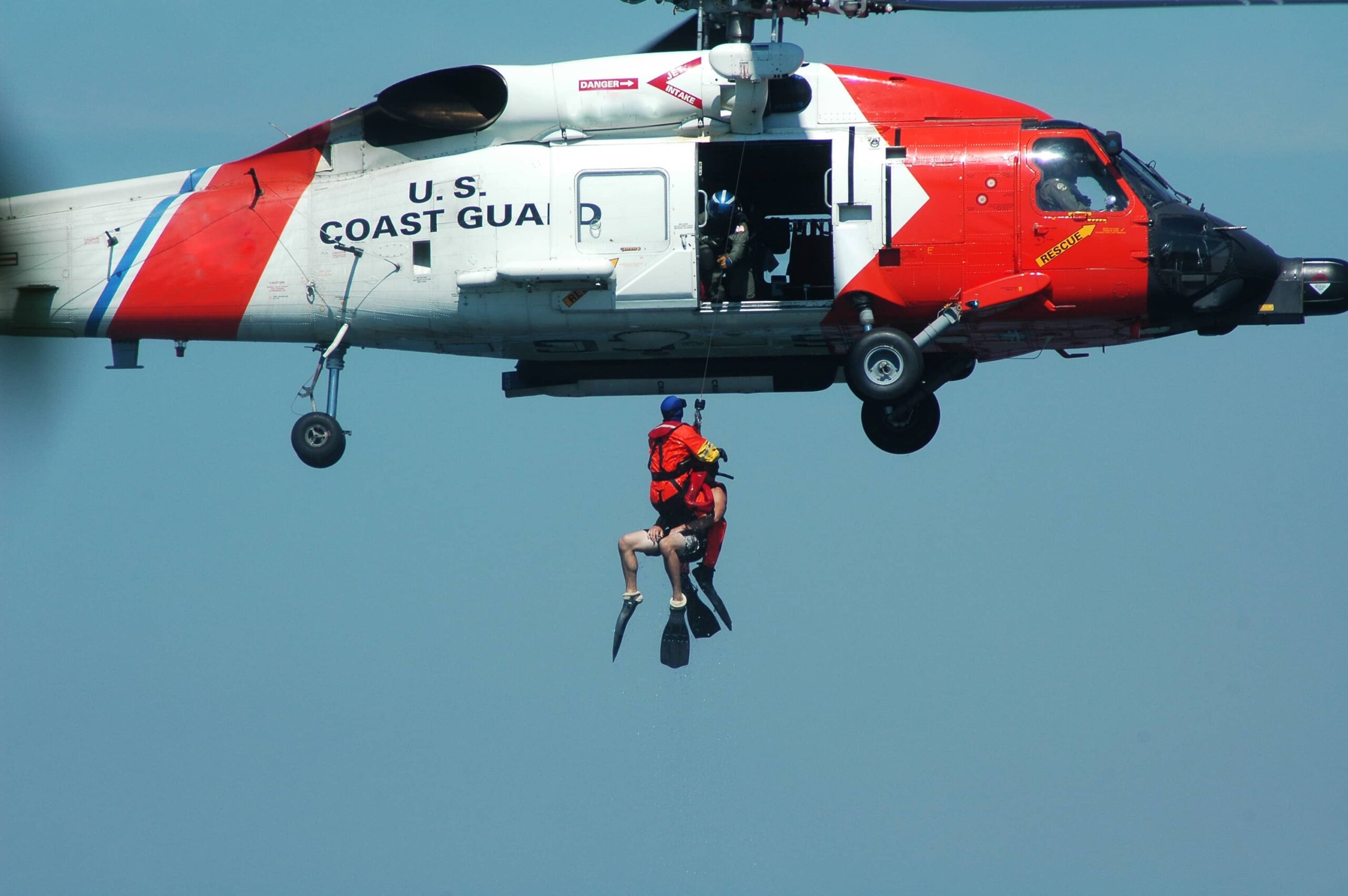
Module 06 -
Assisting in a search - is my help required?
It is important to know when help should be offered after hearing a distress call or a distress relay call, and what that means in terms of responsibilities both legally and ethically.
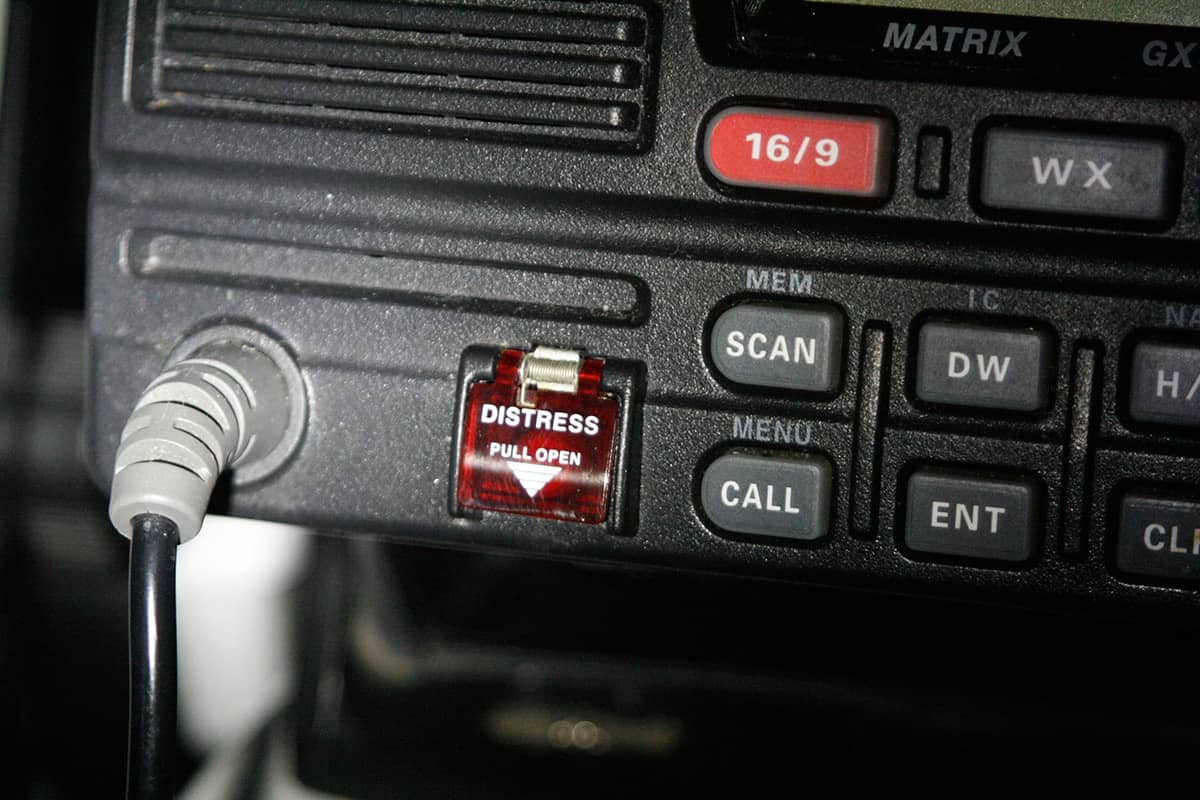
Module 07 -
Alerting Methods - Equipment to call for help
Discusses the various ways of alerting an MRCC in order to receive help. It covers DSC calls, PLB, AIS SARTS, SARTS, Tracking Systems such as SafeTrx and what their benefits and limitations are.
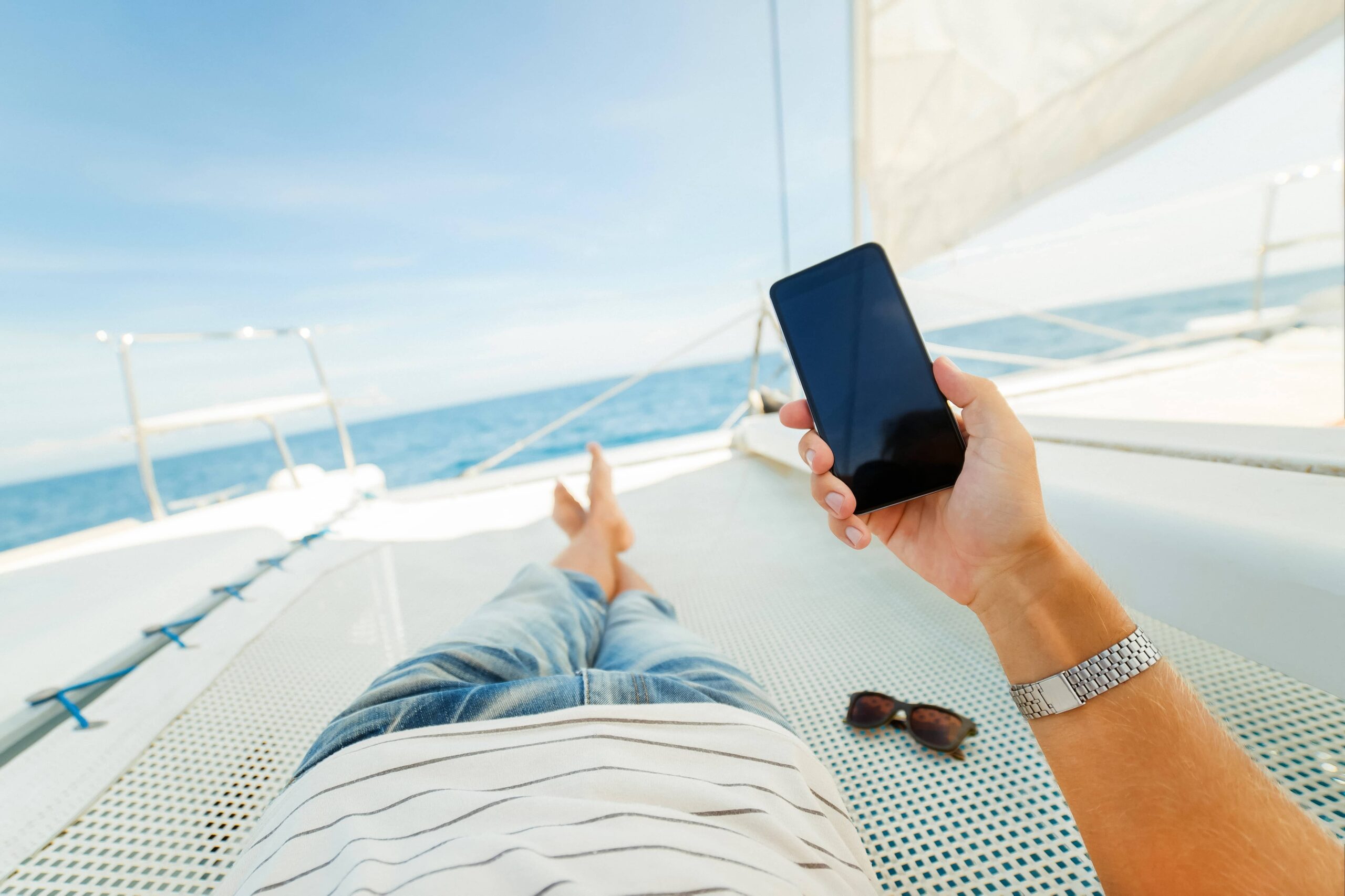
Module 08 -
Smartphones at sea
This module covers the use of smartphones at sea, what are the benefits and what are the limitations of smartphones. Should a smartphone be the only way of alerting a MRCC in a distress situation?
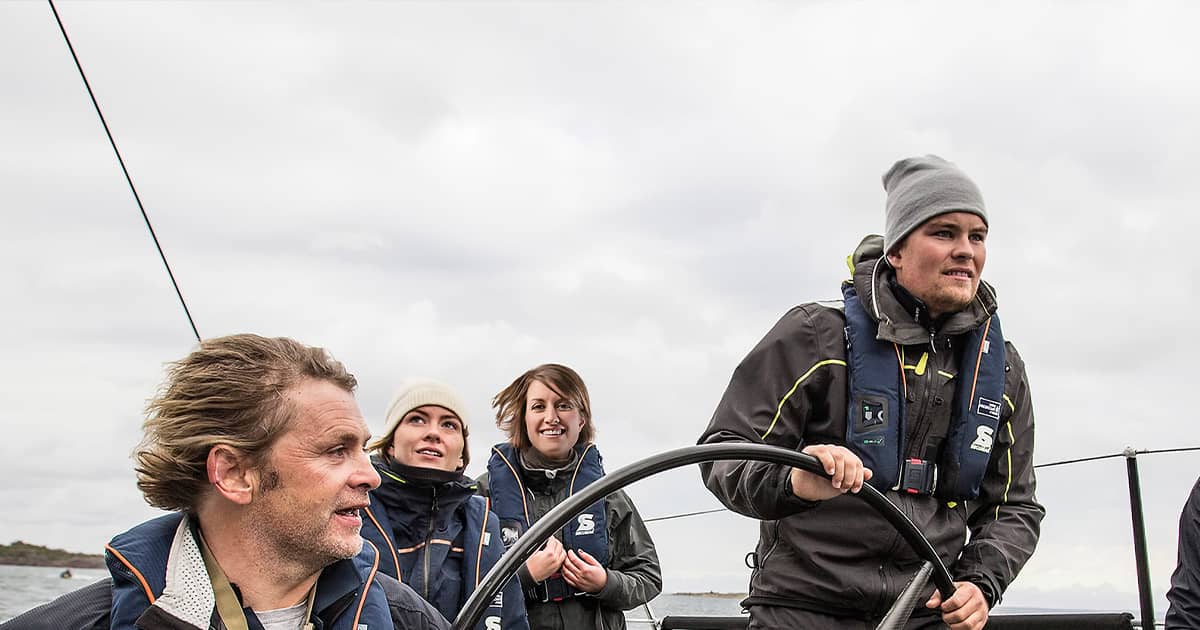
Module 09 -
Personal life-saving appliances
What are personal life-saving appliances, what kind are available and do they meet the purposes. Both benefits and limitations of each appliance, will be discussed.
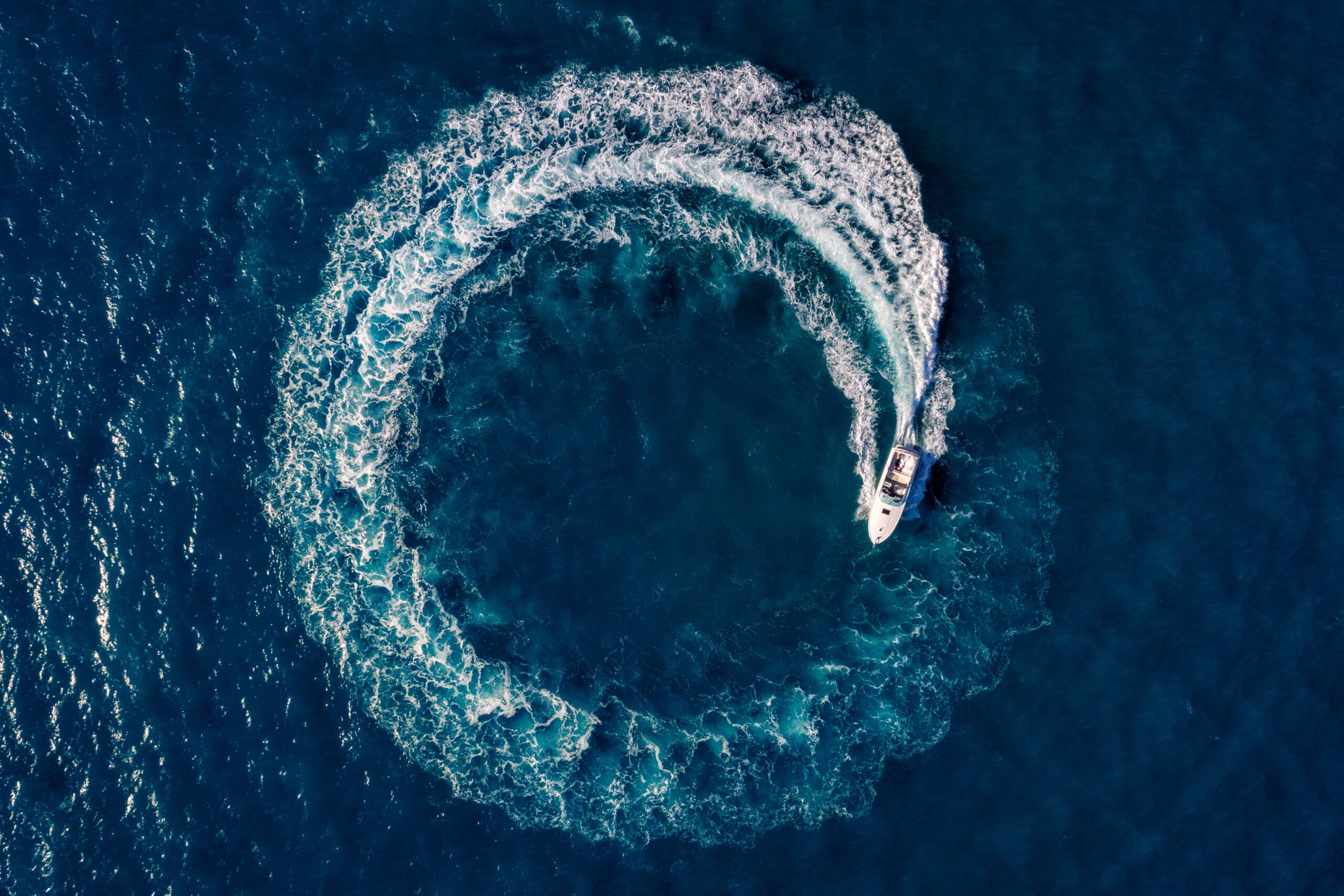
Module 10 -
Basic Search techniques
Introduction to basic search techniques which are used in search and rescue and that anyone can apply when assisting in search and rescue operations.
Juliana, Your OSC Instructor
Juliana Schmidt-Theurer is a highly experienced and qualified professional in the maritime industry.
With a diploma in Engineering with a qualification for Maritime Transport (Nautical Studies) from Hochschule Bremen, she has extensive knowledge and hands-on experience in the field.
Juliana has worked on various ships, including Hapag-Lloyd cruises, and has explored unique regions such as the North-East Passage, North-West Passage, South Pacific and the Amazon.
From 2017 until 2022 Juliana Schmidt-Theurer worked in the Maritime Rescue Coordination Center (MRCC Bremen/DGzRS). Whilst working as a trainer (according to AEVO) at the Simulator Center of the Sea Rescue Academy of the DGzRS, she concentrated on the development and implementation of courses such as OSC Basic, Advanced & Refresher.
In 2022, Juliana embarked on a completely new chapter. She founded visiomare, her own venture, channeling her passion and expertise into the maritime world as a full time self-employed professional.
None
This course is for anyone who may need to respond to or call for help during an emergency while boating or sailing.
This could include:
pleasure crafts or sailors
Fishing enthusiasts
Canoeists or kayakers
Paddleboarders
Jet skiers
Basically: anyone who spends time on or near the water and wants to be better prepared to handle emergencies!
You may choose between two options.
Online:
The course will be an instantly available online training.
Classroom:
We also offer courses at your sailing/ motor boat club
Contact us directly to find the suitable option for you!
The course will be offered in German and English language.
For an offer on the cost, contact us!
The course will be one day - 8 hrs
On completion of the SAR Basics course, the participants will receive a certificate of attendance.
Yes, courses are regularly updated to ensure that the course content is up-to-date with current regulations.
How to get into contact | Where we are
QUESTIONS?
Get Into Contact!
Please contact us any time, we will return in less than 24 hours to you.
